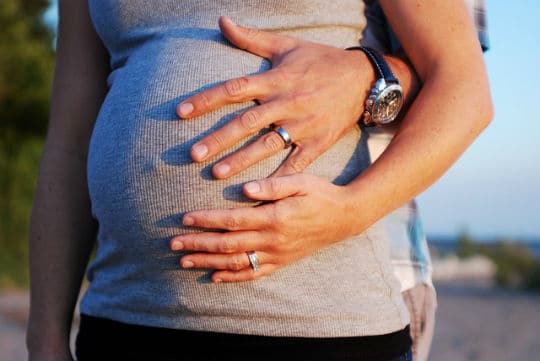
29 Feb Caffeine in Pregnancy
Caffeine when pregnant – should I limit caffeine if I am planning to conceive, or am pregnant ?
This question is one of the most frequently asked of my fertility clients, and for an addicted coffee drinker, it may seem inconceivable that you should limit coffee consumption. So, is caffeine when pregnant and preconception really that harmful?
Often due to morning sickness and aversion to tastes and smells heightened in pregnancy, you may be put off in the first trimester. There are many conflicting arguments for and against at least reducing caffeine in pregnancy. Research has not come up with a definitive answer but does point towards the risk factors. I’m suggesting you should consider giving it up in the preconception period in preparation for pregnancy.
Research from the U.S shows that 51% of people are slow metabolizers of caffeine, which means it takes a long time to clear from the body, and if you think of all the extra circulating hormones in pregnancy it would logically take a lot longer.
What we know so far is that caffeine freely crosses the placenta and:
- Decrease’s blood flow to the placenta.
- Constricts arteries.
- Is extremely hard for the foetus to break down.
- Increases blood pressure.
- Increases heart rate.
- Increases urination.
A study published in the BMJ (British Medical Journal) associated maternal caffeine intake with foetal growth. A total of 2,635 patients were included in the study from two UK maternity hospitals. These patients were monitored 4 weeks before conception and throughout pregnancy. The caffeine half-life (how long the caffeine takes to be cleared) was determined by measuring caffeine in saliva samples after set time periods. The results of the research showed that caffeine consumption throughout pregnancy increased the risk of foetal growth restriction.
The amount of caffeine that holds this risk is dependent on the mother’s sensitivity to caffeine and can be as little as 141mg per day or greater than 300mg per day.
To put this into perspective, this table will give you an idea of how much caffeine is contained in your daily cuppa.
Caffeine when pregnant- put in perspective
| Type | Amount of caffeine |
| Tea ( black, green or white) | 30- 100mg – depending on type and strength of brew |
| Coffee instant 150ml cup | 60-100mg |
| Coffee ( expresso) 150ml cup | 40-90mg dependant on type and strength |
| Coffee drip percolated 150ml cup | 100-150mg, dependant on type and strength |
| Cocoa and hot chocolate 150ml | 10-70mg depending on type of chocolate used and strength |
| Chocolate bar 30g | 20-60mg |
| Cola drink 375ml | 35mg |
| Energy drink | 80mg (some up to 300mg) |
Breastfeeding
Newborn babies can be particularly sensitive to caffeine, as they haven’t yet developed the enzymes to break it down and clear it from the body. According to the Australian breastfeeding association, it can take up to 160 hours for a newborn to clear caffeine, by six months old it can take 2-3 hours. If it takes 160 hours and crosses into the breast milk that is a long time for extra restlessness and agitation. Sleepless nights are difficult enough to contend with! The caffeine may also affect the mother’s let-down reflex and make nipple vasospasm worse.
Results from the research published in the BMJ 2008, found that:
- 62% of caffeine was ingested by women during pregnancy was from a tea
- 14% was from coffee
- 12% was from cola drinks
- 8% from chocolate
- 2% from soft drinks
- 2% from hot chocolate
If you are pregnant or trying to conceive and would like some support and professional advice, phone NatMed on 9339 1999 and make an appointment with NatMed Naturopath & Fertility Specialist Jacky Dixon.
